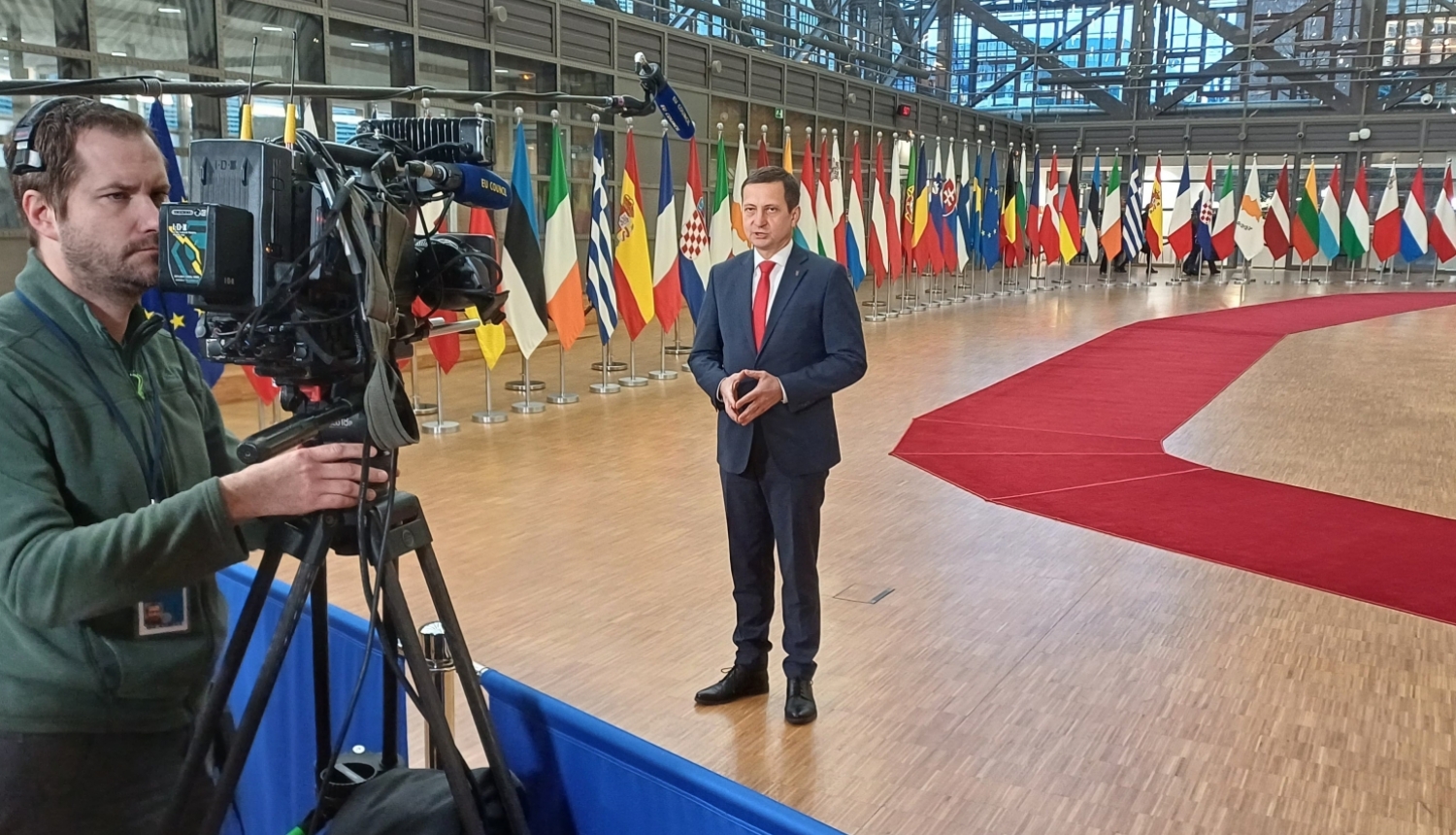On Monday, December 9, Minister of Agriculture Armands Krauze attended the EU Agriculture and Fisheries Council meeting in Brussels, which was chaired by the newly appointed EU Commissioner for Agriculture and Food, Christophe Hansen. During the meeting, member states shared their views on the future development of the EU’s agriculture and food production sectors.
After multiple attempts and despite differing opinions, the member states finally reached a consensus regarding the EU’s Common Agricultural Policy (CAP) post-2027, adopting the Council's conclusions. Minister Armands Krauze reiterated at the Council that in the next planning period starting 2028, direct payments must finally be equalized among all member states. Divergent positions among member states on this issue had previously hindered the adoption of Council’s conclusions. Direct payments are one of the tools to ensure fair and equal competition for all EU farmers, who must adhere to the same environmental and climate standards.
“Considering the increasing environmental and climate requirements for farmers, funding for rural development for Latvia must increase in the next planning period to balance economic, social, and environmental interests without jeopardizing food production in the EU. To achieve this, the EU Common Agricultural Policy should focus on initiatives that more effectively support agricultural production and competitiveness. Farmers must receive appropriate funding for implementing environmentally friendly and climate change mitigating measures, as food self-sufficiency must be one of the EU’s strategic goals,” emphasized Armands Krauze.
The Minister of Agriculture also pointed out the need to reduce the administrative burden on farmers and member states in implementing various EU requirements, taking greater account of the specific characteristics and needs of individual member states. A results-based EU Common Agricultural Policy should be simplified, while the strategic plans of member states should be directly targeted at supporting production development with significantly less complexity.



